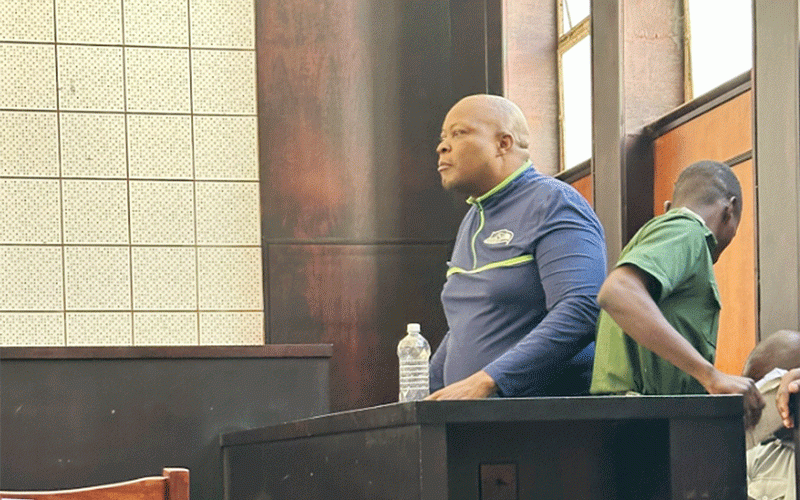
It is generally not ethical or legal for ruling political parties to incarcerate opposition politicians before elections unless there are legitimate reasons for doing so, such as if the opposition politicians have committed crimes or violated laws.
However, in some cases, ruling political parties may use the legal system to target opposition politicians, either through false accusations or by unfairly enforcing existing laws, in an attempt to weaken or eliminate political opposition before an election.
This can be done in an effort to secure a greater advantage for the ruling party or to consolidate power.
In some countries with weak or corrupt judicial systems, the ruling party may also use the legal system to harass, intimidate, or incarcerate opposition politicians as a means of suppressing dissent and maintaining control.
This can be a violation of human rights and can undermine the legitimacy of an election.
It is important for democracies to ensure that all political parties and candidates are able to compete fairly and without interference or intimidation from the ruling party.
This includes protecting the rights of opposition politicians and ensuring that the legal system is not used as a tool for political persecution.
Zanu PF, the ruling party in Zimbabwe, has been accused of using tactics such as the incarceration of opposition leaders to maintain its hold on power.
- Corruption Watch: Get scared, 2023 is coming
- Corruption Watch: Get scared, 2023 is coming
- Letters: Ensuring Africa’s food security through availability of quality seeds
- Is military's involvement in politics compatible with democracy?
Keep Reading
These actions are seen by many as a means of suppressing dissent and opposition voices, and are often carried out in the lead-up to elections.
One reason why Zanu PF may use this tactic is to intimidate opposition leaders and their supporters, thereby reducing their ability to campaign effectively.
By removing opposition leaders from the political scene, Zanu PF can limit the amount of criticism it receives and increase its chances of winning the 2023 elections.
The incarceration of opposition leaders in Zimbabwe is to send a message to the wider population that dissent will not be tolerated.
This can have a chilling effect on political activism and free speech, and can reinforce the perception that the Zanu PF government is an authoritarian regime that is willing to use force to maintain its grip on power.
Zengeza West MP Job Sikhala, who was imprisoned last year last week accused President Emmerson Mnangagwa’s administration of spreading untruths regarding his detention, but he added that this would not break his spirit.
In his 12th month in prison, Sikhala, who is frequently referred to as a political prisoner, sent a heartbreaking letter.
He also spoke to the general public and the foreign community, claiming that his detention exemplified the failings of Zimbabwe's justice system.
Also, jailed Transform Zimbabwe (TZ) leader Jacob Ngarivhume said his incarceration for incitement to public violence will not dissuade him from speaking out against corruption.
It is worth noting that the use of incarceration as a political tool is not unique to Zimbabwe or to Zanu PF.
Many regimes around the world have been accused of using similar tactics to suppress opposition and maintain their hold on power.
In a democratic system, the judiciary plays a critical role in upholding the rule of law and protecting the rights and freedoms of citizens, including opposition politicians.
The judiciary should be independent and impartial, and should not be subject to political interference or influence.
If opposition politicians are facing persecution or threats from the ruling party, they may turn to the judiciary for protection.
The judiciary can provide a forum for legal challenges to government actions that violate the constitution or other laws, and can issue rulings that protect the rights of opposition politicians.
However, the effectiveness of the judiciary in protecting opposition politicians depends on a variety of factors, including the strength of the legal system, the independence and impartiality of judges, and the political environment in which the judiciary operates.
In some cases, the judiciary may be subject to pressure or intimidation from the ruling party, which can undermine its ability to protect the rights of opposition politicians.
Ultimately, the protection of opposition politicians and the promotion of democracy require a commitment to the rule of law and respect for human rights and freedoms by all actors in the political system, including the judiciary, the government, and civil society.
- *Evans Mathanda is a journalist and development practitioner who writes in his own personal capacity. For feedback email: [email protected] or call 0719770038 and Twitter @EvansMathanda19






